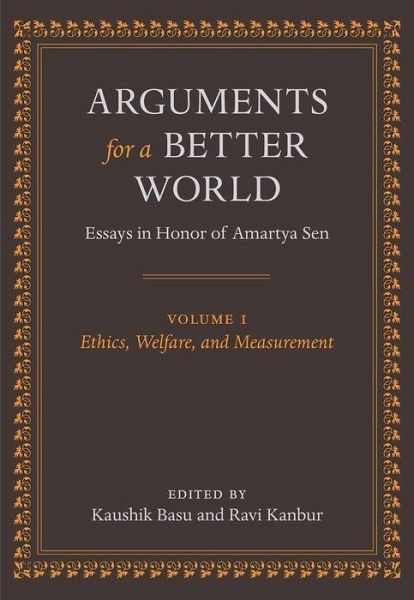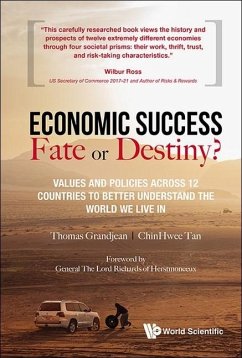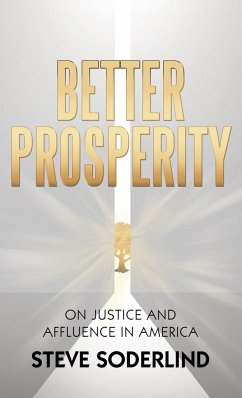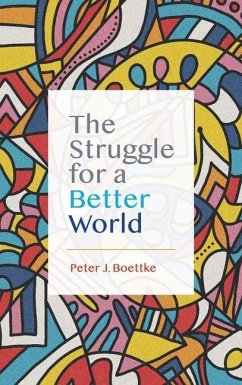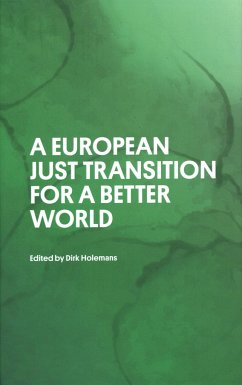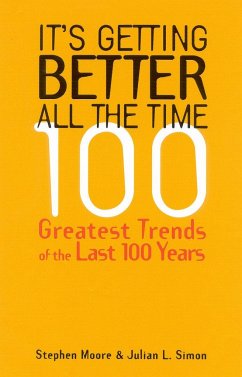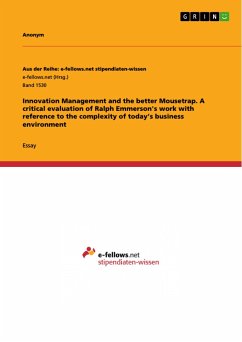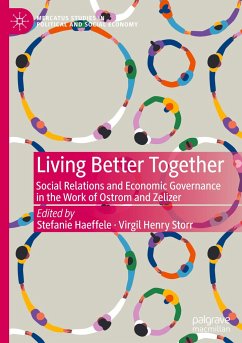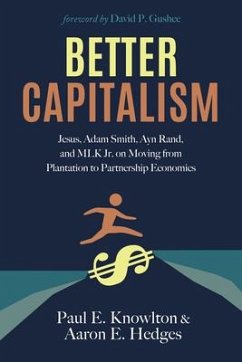Kaushik Basu is Professor of Economics and the C. Marks Professor of International Studies, Department of Economics, and Director, Center for Analytic Economics, Cornell University. He has held visiting positions at CORE (Louvain-la-Neuve, Belgium), the Institute for Advanced Study (Princeton), and the London School of Economics, where he was Distinguished Visitor in 1993. He has been Visiting Professor at Harvard University, Princeton University, and M.I.T. In 1992 he founded the Centre for Development Economics in Delhi and was its first Executive Director. He is also a founding member of the Madras School of Economics. A Fellow of the Econometric Society and a recipient of the Mahalanobis Memorial Memorial Award for contributions to economics, Kaushik Basu has published widely in the areas of Development Economics, Industrial Organization, Game Theory and Welfare Economics. Ravi Kanbur is T. H. Lee Professor of World Affairs, International Professor of Applied Economics and Management, and Professor of Economics at Cornell University. He holds a bachelor's degree in economics from the University of Cambridge and a doctorate in economics from the University of Oxford. He has taught at the Universities of Oxford, Cambridge, Essex, Warwick, Princeton and Columbia. Ravi Kanbur has served on the staff of the World Bank, as Economic Adviser, Senior Economic Adviser, Resident Representative in Ghana, Chief Economist of the African Region of the World Bank, and Principal Adviser to the Chief Economist of the World Bank. He has also served as Director of the World Bank's World Development Report. Professor Kanbur's main areas of interest are public economics and development economics. His work spans conceptual, empirical, and policy analysis. He is particularly interested in bridging the worlds of rigorous analysis and practical policy making.
